This article is a work in progress
This is the list of books I recommend reading if one wants to better understand my perspective. I have divided the list into two groups: a smaller “Core” and larger “Peripheral.” The two groups are sorted alphabetically by author. If I could easily find a free html or pdf version of the book, then I have provided that in the associated link. I have also included the reason(s) why I recommend the book. This list may be amended in the future.
Core
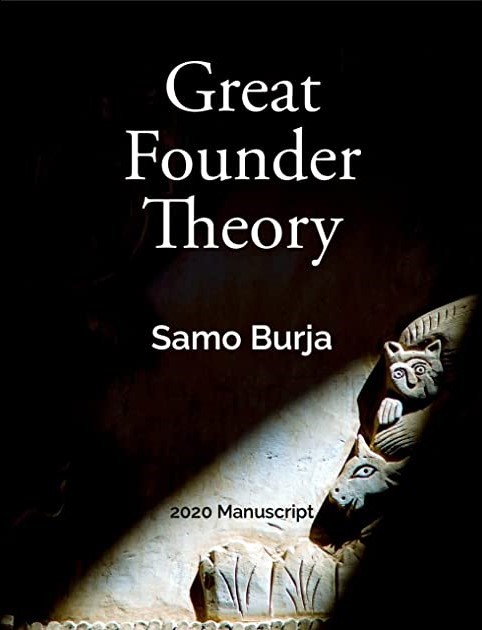
Great Founder Theory (2020 Manuscript) by Samo Burja
- Presents a new theory of history that the author names the “Great Founder Theory”
- Also presents “Empire Theory” which attempts to explain the dynamics of social hierarchies within institutions
- Written for the highly skilled and ambitious reader who might imminently make use of the text and found their own empire
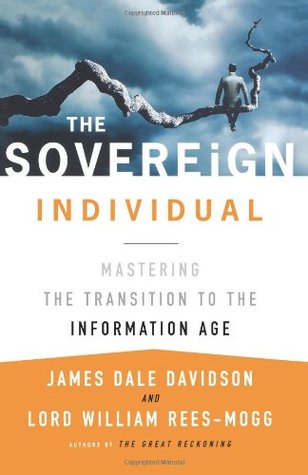
The Sovereign Individual by James Dale-Davidson and James Rees-Moog
- Presents a theory of history that the authors name “Megapolitics”
- Makes accurate predictions about recent history (book written mid-90s)
- I appreciate that the authors try to provide actionable advice for the strategically-minded reader
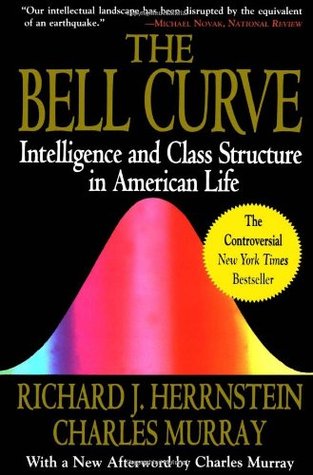
The Bell Curve by Richard J. Herrnstein and Charles Murray
- A good resource for demolishing fallacious popular notions concerning race and life outcomes
- “Controversial” because it’s well-researched and filled with facts

Psychological Types by Carl G. Jung
- The most relevant Chapter can be found here
- The book serves as the basis for Myer-Briggs, Socionics, and by extension Psychosophy and Attitudinal Psyche.

The Structure of Scientific Revolutions by Thomas S. Kuhn
- Explains how science moves from “normal science” (puzzle-solving) within an old paradigm, to discovering anomalies that break models, and then to revolutionizing a field with a new paradigm.
- It’s a seminal work in the Philosophy of Science.

Human Action by Ludwig von Mises
- Undergirds Economics with a science of human action called “Praxeology”
- Explains the logic of ends and means
- Provides the reader with the tools to break down faulty economic models or notions
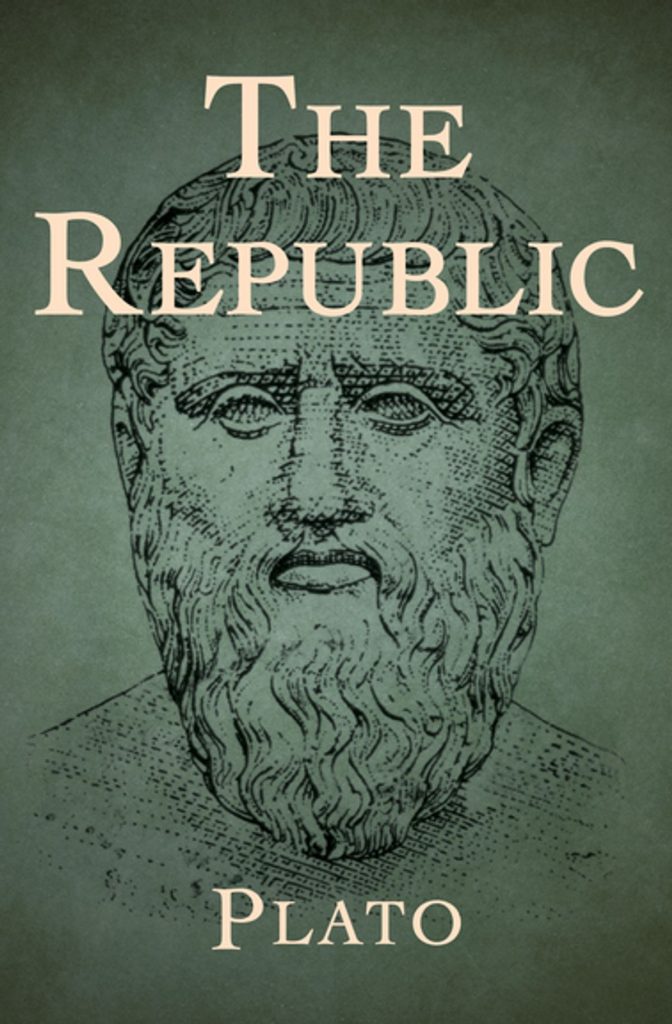
The Republic by Plato
- Plato defends the concept of justice from nihilists
- He analogizes the individual psychology to the body-politic
- He provides a vision of the afterlife and reincarnation
- The text is hugely influential.
Peripheral

Mastering Bitcoin by Andreas Antonopolous
- wip
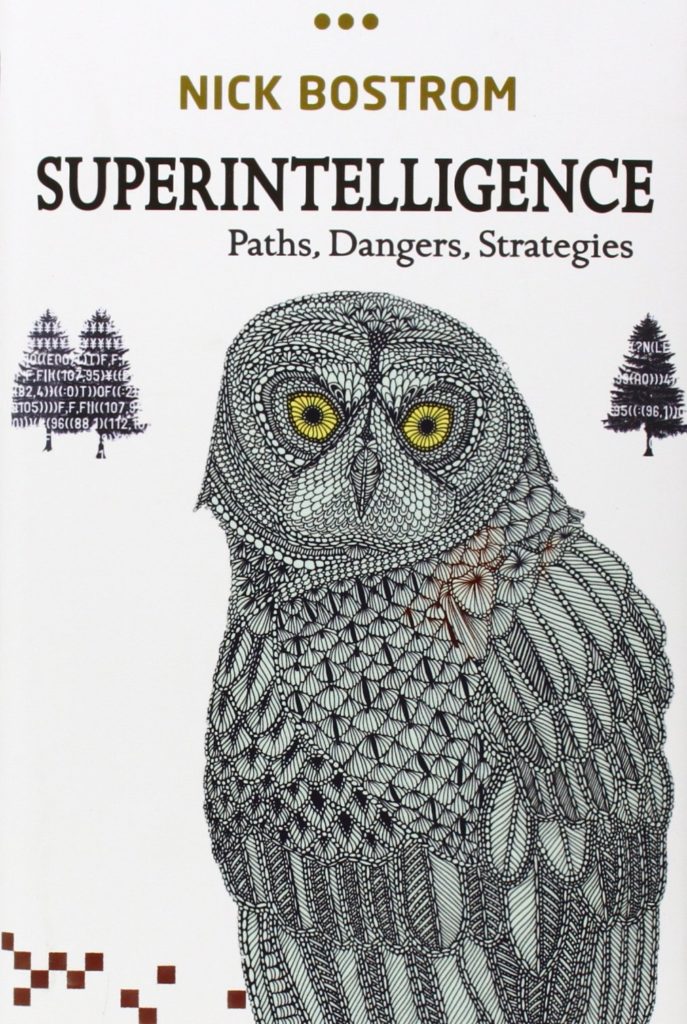
Superintelligence by Nick Bostrom
- wip
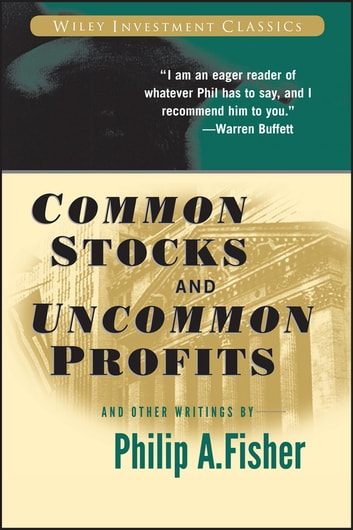
Common Stocks and Uncommon Profits by Philip A. Fisher
- wip
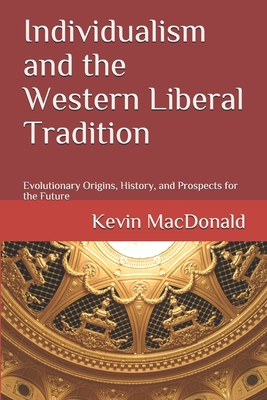
The Culture of Critique Series + Individualism and the Western Liberal Tradition (one, two, three, four) by Kevin B. Macdonald
- The author uses a case study of one ethnic group to showcase a broader theory called “Group Evolutionary Strategy.”
- Explains the phenomena of the Jews as a successful ethnic group
- In IatWLT, he explains the evolution and group strategy of western Europeans.

A Field Guide to American Houses by Virginia Savage McAlester
- wip

